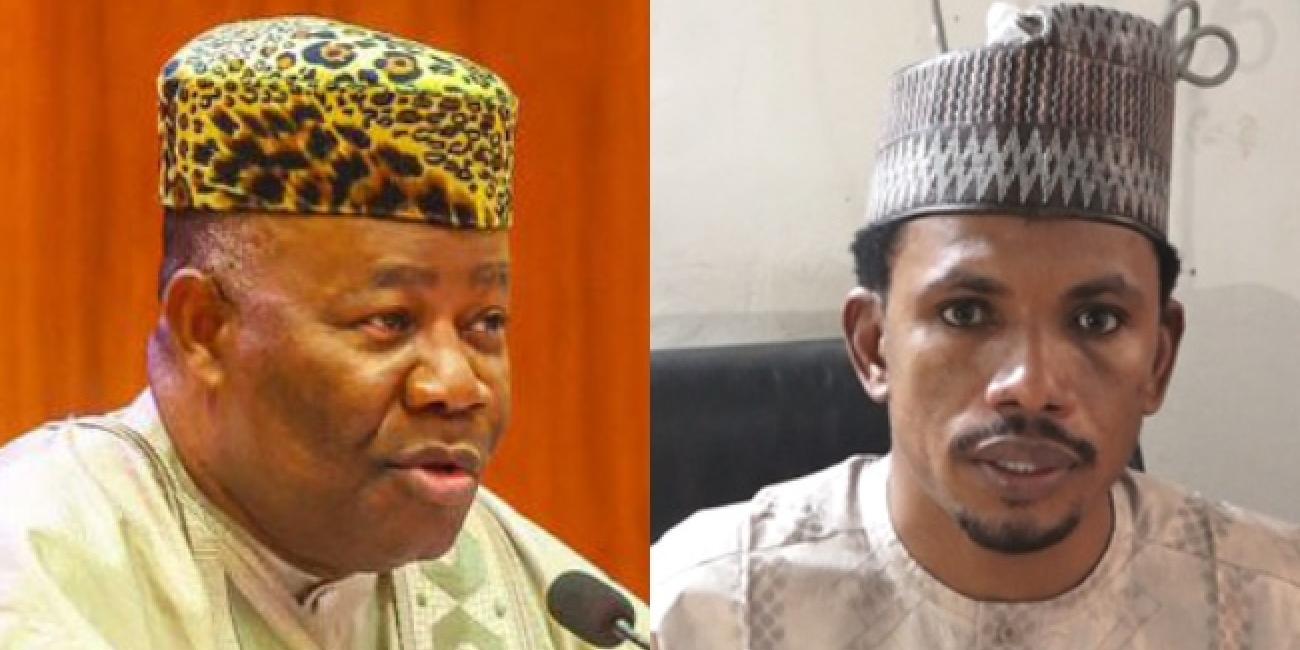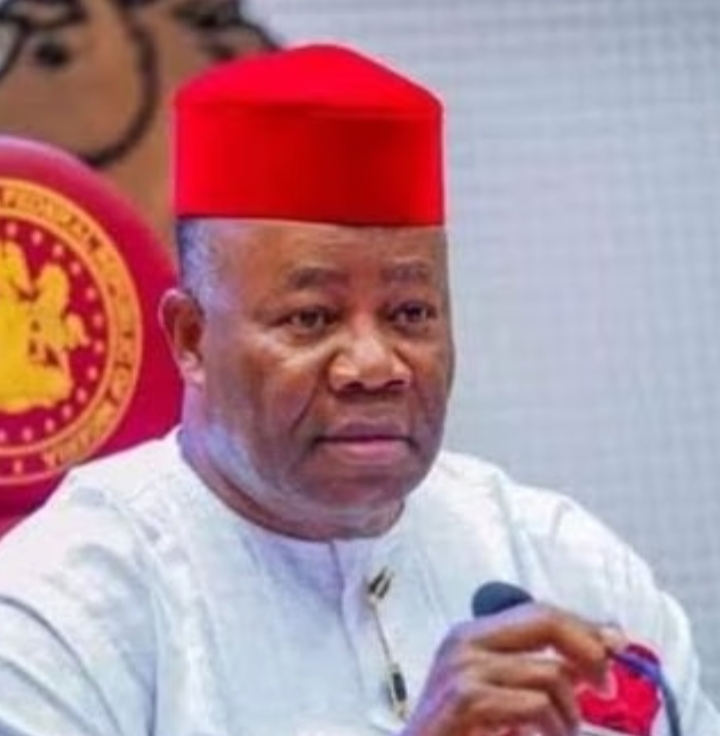A fresh wave of controversy has hit Nigeria’s Senate as former Adamawa North senator, Ishaku Elisha Abbo, has publicly accused Senate President Godswill Akpabio of orchestrating a dangerous vendetta against Senator Natasha Akpoti-Uduaghan. In a bombshell interview on Wednesday, Abbo claimed Akpabio deliberately withdrew Akpoti-Uduaghan’s police protection, leaving her exposed to possible assassination.
“When you withdraw somebody’s security, that means you expose that person to be killed,” Abbo warned during his appearance on Arise TV. He asserted that the Inspector General of Police was reluctant to comply, recognizing the dangerous implications of the directive.
According to Abbo, the move to strip Akpoti-Uduaghan of her security was part of a broader campaign of political punishment. “Even ordering the IG not to provide her security. In another way, exposing her so she shall be killed,” he said, implying a calculated attempt to intimidate or silence the senator.
He drew a sharp contrast between Akpoti-Uduaghan’s treatment and a previous incident involving Akpabio during the 8th Senate. At the time, Akpabio had a heated altercation with then-Senate President Bukola Saraki over seating arrangements but faced no disciplinary measures. “He was not suspended. He was not investigated. The matter was handled with maturity,” Abbo pointed out.
In Akpoti-Uduaghan’s case, however, the retaliation was severe. She was suspended for six months, her salary halted, and even her aides were targeted financially. “He sat like the emperor that he claimed he is,” Abbo remarked, painting a picture of unchecked power in the Senate.
Abbo also blasted the Senate for ignoring a court injunction that barred them from investigating Akpoti-Uduaghan until a substantive legal matter was resolved. “The Senate went against the court judgment and suspended her,” he said, accusing the legislative body of contempt.
The former senator’s frustration extended to the judiciary as well. He criticized the judge in the case for failing to hold Akpabio accountable. “Instead of arresting Akpabio for contempt of court, he vacated his own judgment that they broke,” Abbo lamented, labeling the judge’s actions as cowardly.
The situation took another twist when the judge ultimately recused himself from the case. “That is the pleasure he was under. And instead of going into the substantive matter, he recused himself,” Abbo said, raising questions about judicial independence in politically sensitive cases.
In a broader accusation, Abbo charged Akpabio with running the Nigerian Senate like a personal empire, targeting dissenters with surgical precision. He alleged that Akpabio engineered the removal of five senators—including himself—well in advance.
“He told me that five senators would be removed. I asked how he knew, and he said, ‘I am the Senate President. I know.’ True to his words, five of us were removed. I had no idea that I was one of them,” Abbo recounted.
As the dust refuses to settle, Abbo’s explosive claims have thrown the upper chamber of Nigeria’s legislature into a storm of public scrutiny. Is the Senate still a democratic institution—or has it become a tool for political persecution under Akpabio’s watch?





